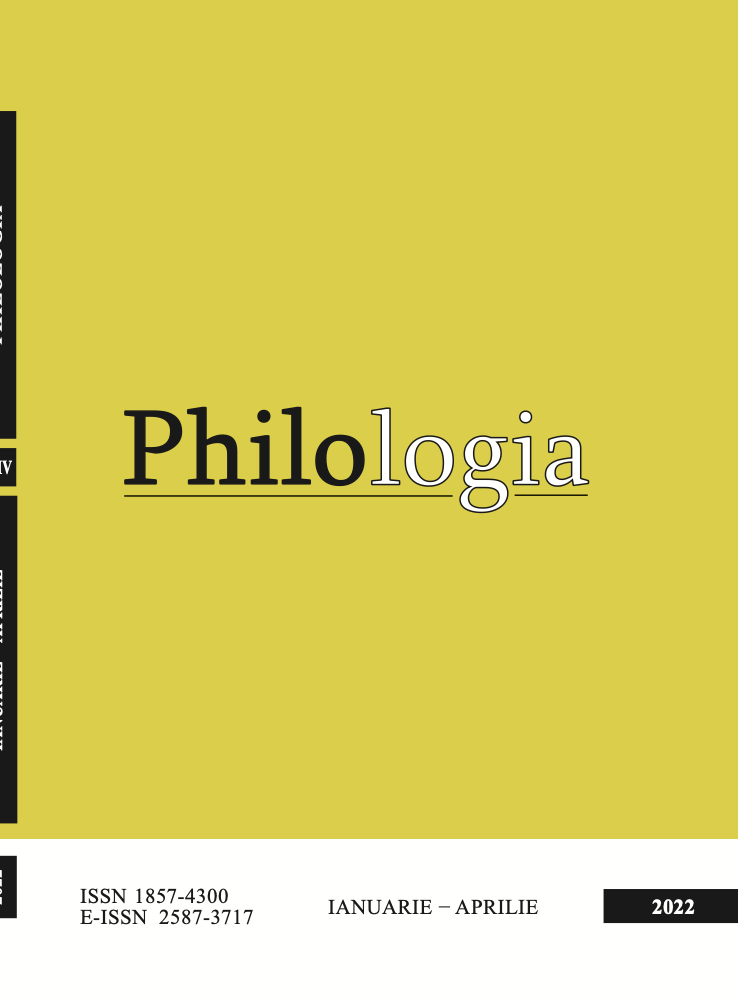Abstract
This article offers a literary analysis of existential problems, psychological dilemmas and behavioral paradigms in Nicolae Spătaru’s novel, Măștile lui Brejnev. The mechanisms by which a totalitarian society exercises its power and control over individuals and which the author has managed to capitalize on in the artistic images are highlighted. It is also surprising how the traumas and psychological tensions of the character Marcu Filipescu and his condition in Soviet society are represented, which is obviously illustrated as a character who has typical features manifested in typical circumstances. With refined humor is described the intrusion of fantastic elements in the fictional reality of the novel, which significantly contributes to the reception of both a way of understanding through the prism of artistic representations of the historical daily referred to and the reception of the novel as a whole. The author set out to appreciate from an aesthetic point of view the approached issue and the artistic images that constitute the “fictional world” of Măștile lui Brejnev novel. Therefore, the given study represents the methodological part of a critical approach that analyzes the imaginary universe created by the author of the novel.

